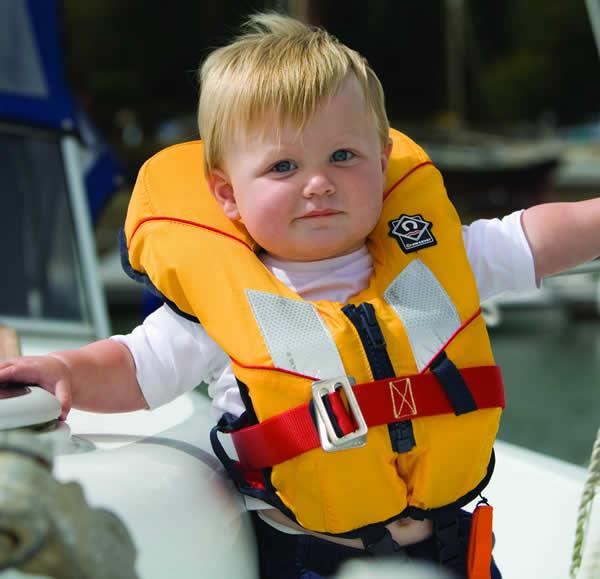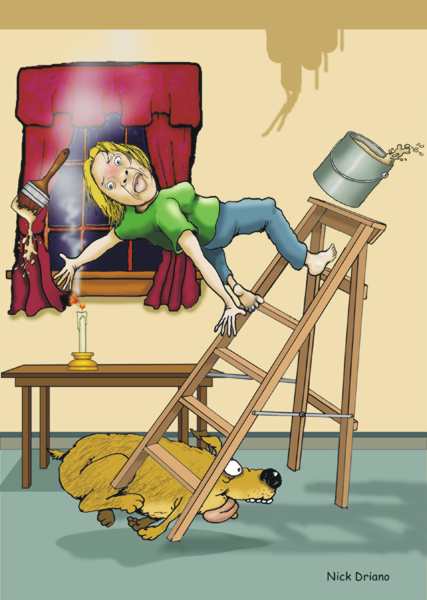 Boaters enjoy the feel of sun and spray. So it’s tempting to boat without wearing a life jacket – especially on nice days. But modern life jackets are available in a wide variety of shapes, colors, and sizes. Many are thin and flexible. Some are built right into fishing vests or hunter coats. Others are inflatable — as compact as a scarf or fanny pack until they hit water, when they automatically fill with air.
Boaters enjoy the feel of sun and spray. So it’s tempting to boat without wearing a life jacket – especially on nice days. But modern life jackets are available in a wide variety of shapes, colors, and sizes. Many are thin and flexible. Some are built right into fishing vests or hunter coats. Others are inflatable — as compact as a scarf or fanny pack until they hit water, when they automatically fill with air.
There’s no excuse not to wear a life jacket on the water!


